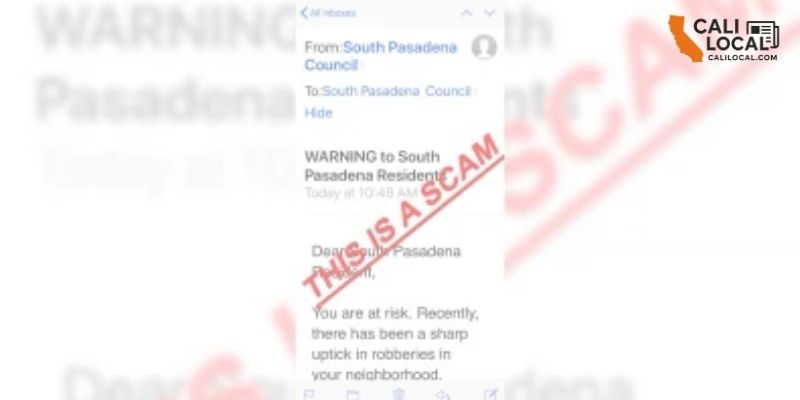A seasoned identity theft expert from San Diego is sounding the alarm over a rising phishing scam that is tricking people into handing over sensitive personal information by mimicking legitimate government communications. The scam has become so refined that even cautious individuals are falling victim.
Key Points:
- Scam involves fake emails or texts posing as government agencies
- Victims are directed to convincing but fraudulent websites
- Social Security numbers, bank info, and logins are often stolen
- Expert calls it “one of the most dangerous scams right now“
- Especially targets seniors and non-tech-savvy individuals
- FBI and FTC have issued recent warnings about such scams
🕵️ How the Scam Works
Scammers send realistic-looking messages pretending to be from the IRS, Social Security Administration, or other government entities. The messages often claim urgent issues — such as account suspensions or legal threats — and provide links that lead to professional-looking websites.
Once users enter their information, the scammers collect personal data to commit identity theft, drain bank accounts, or open fraudulent accounts.
🚨 Expert’s Reaction and Advice
Joe Chatham, a San Diego-based identity protection consultant, says this particular scam is “infuriating” because it preys on fear and urgency. He urges the public to never click on links in unsolicited messages and always verify sources through official government websites.
The FTC advises consumers to:
- Ignore unsolicited emails/texts asking for personal data
- Report phishing attempts at ReportFraud.ftc.gov
- Enable two-factor authentication on important accounts
Summary
With phishing scams becoming more deceptive, cybersecurity experts warn that even vigilant users are at risk. Public awareness and skepticism remain the strongest defense.













